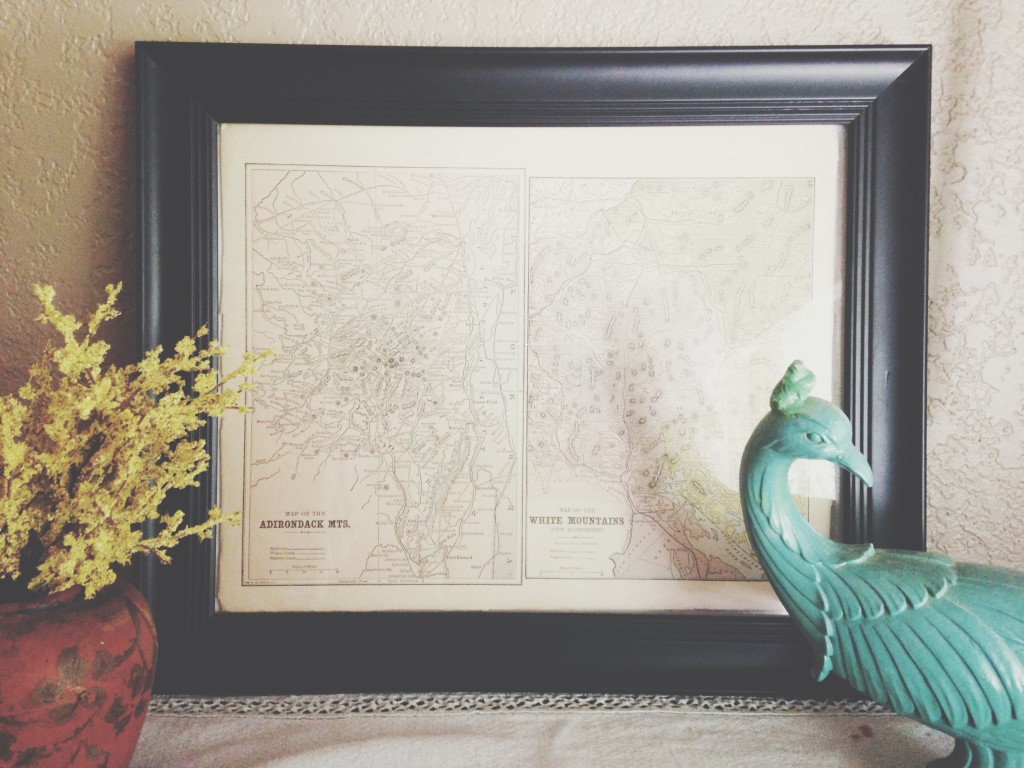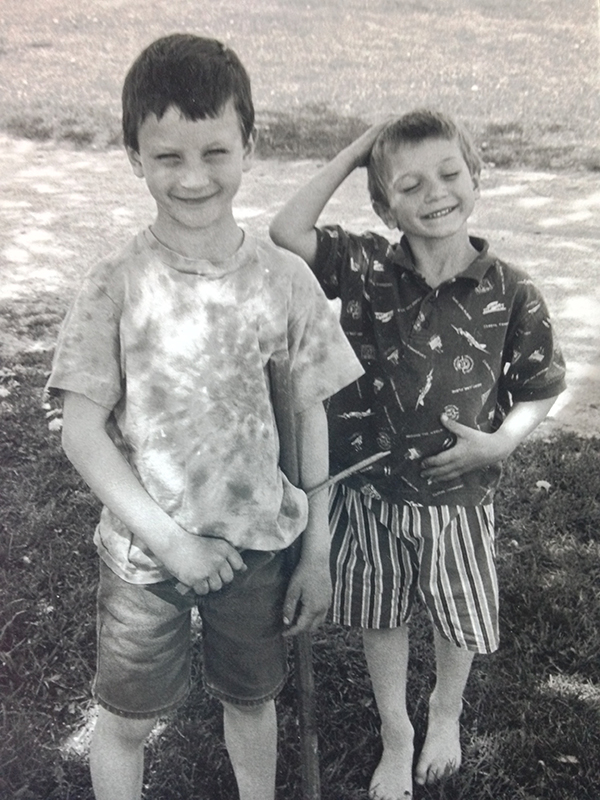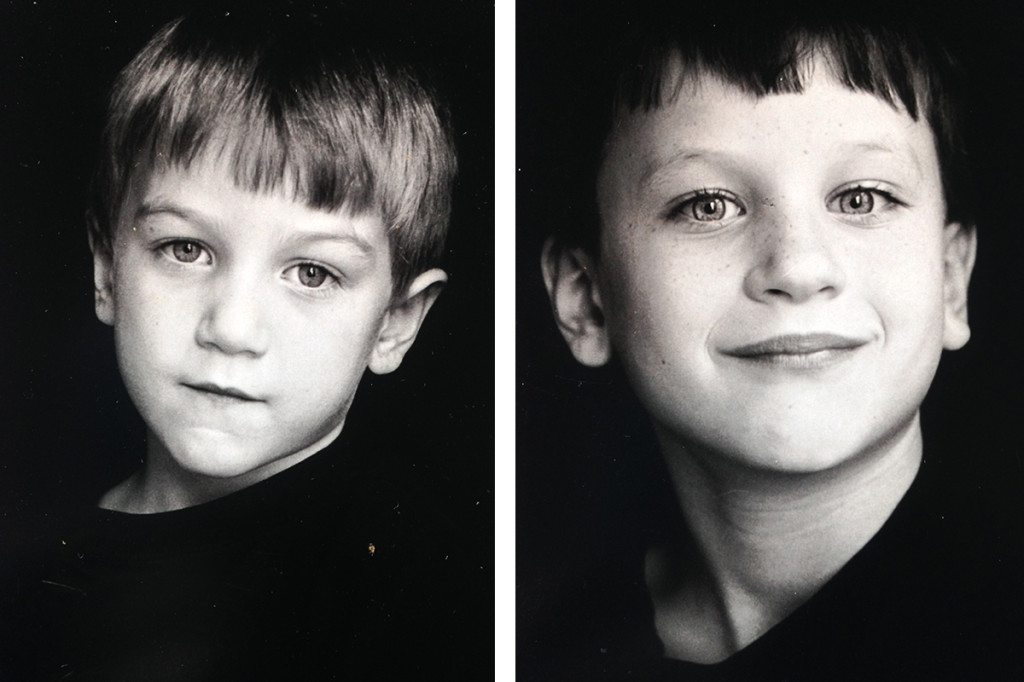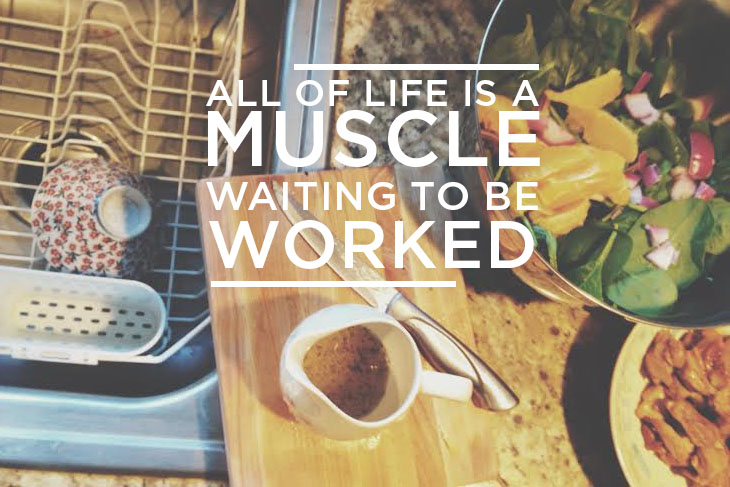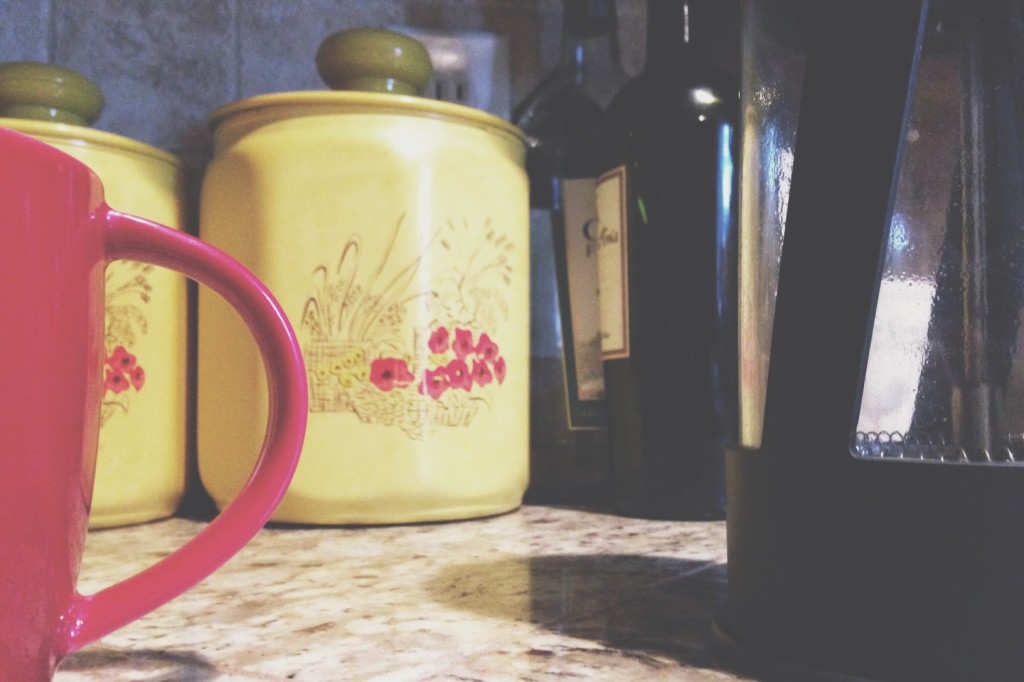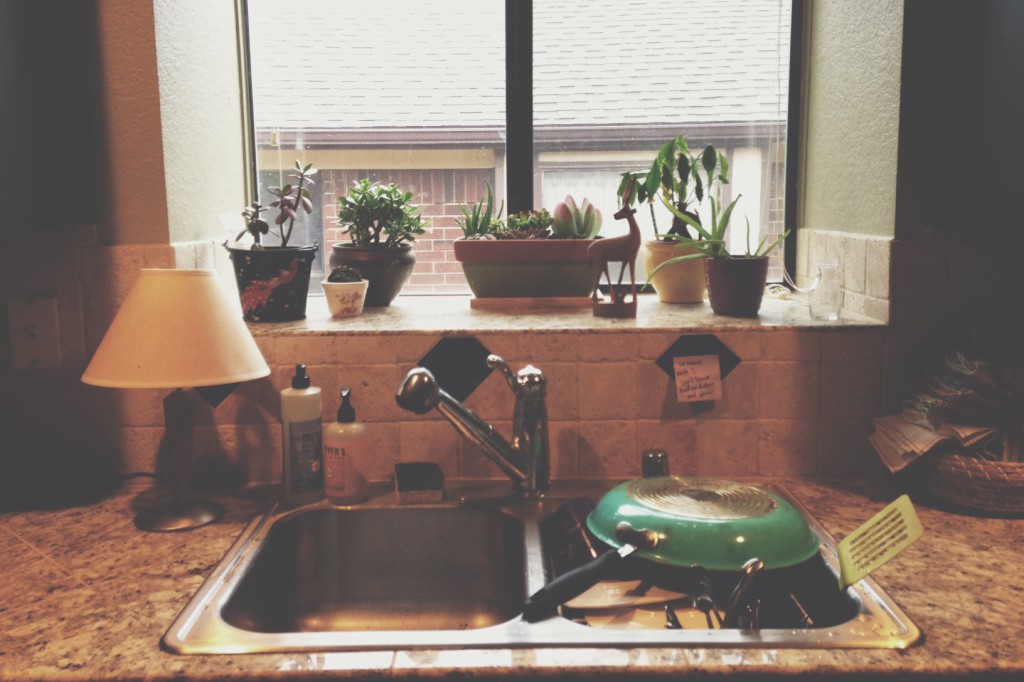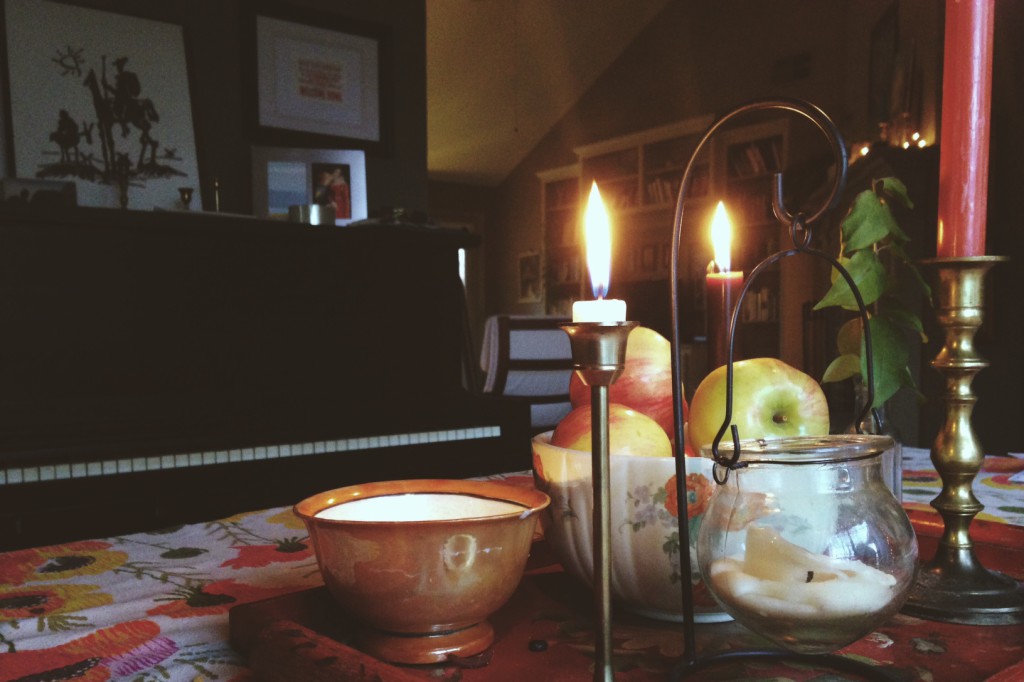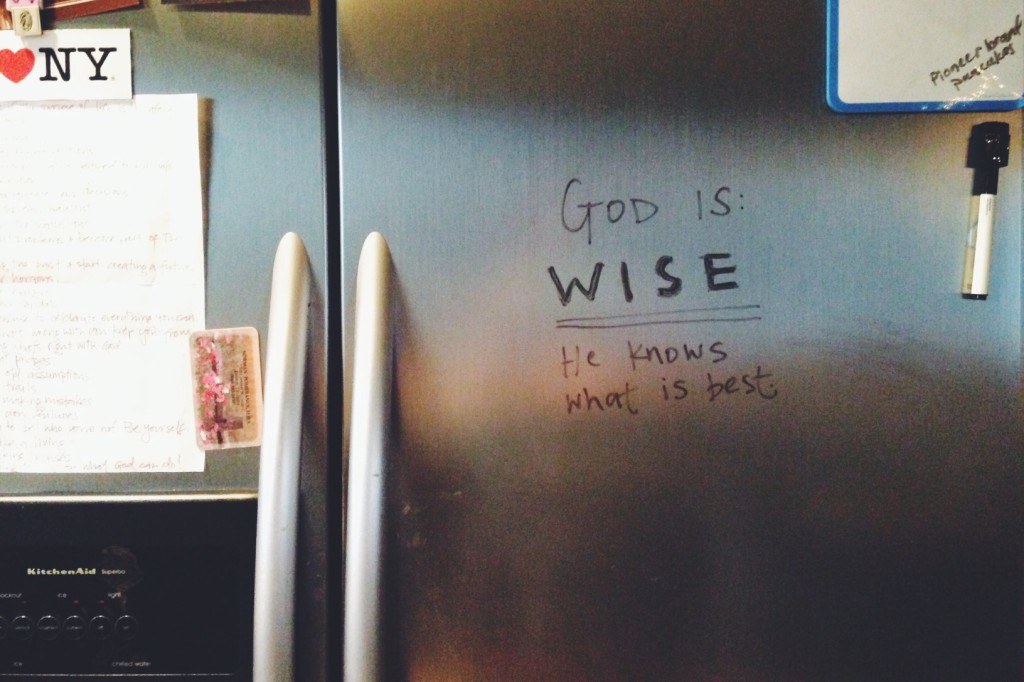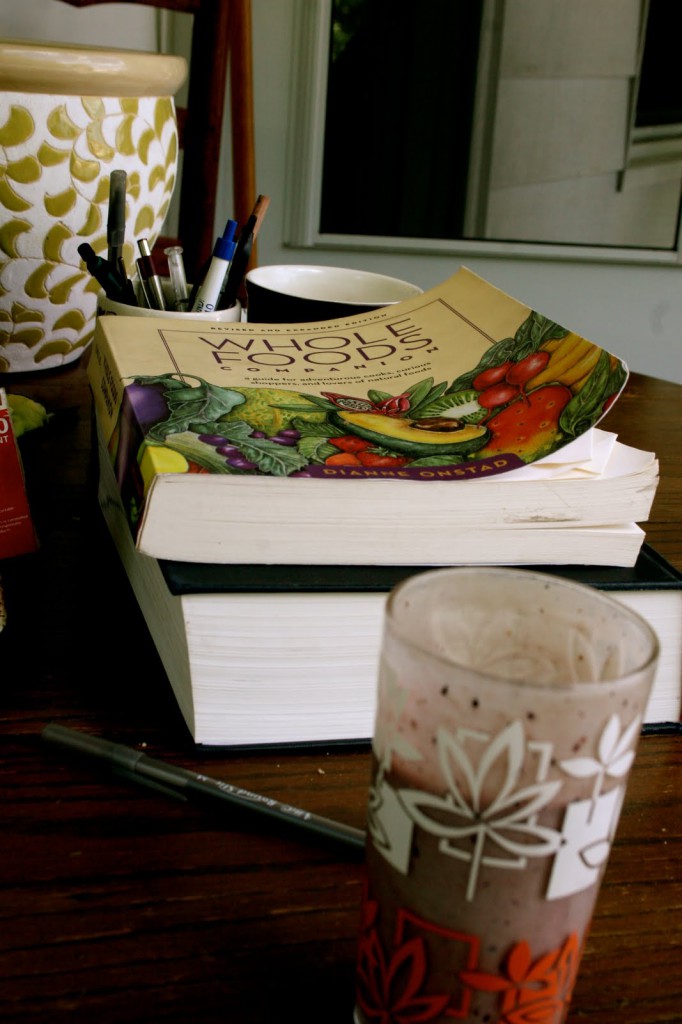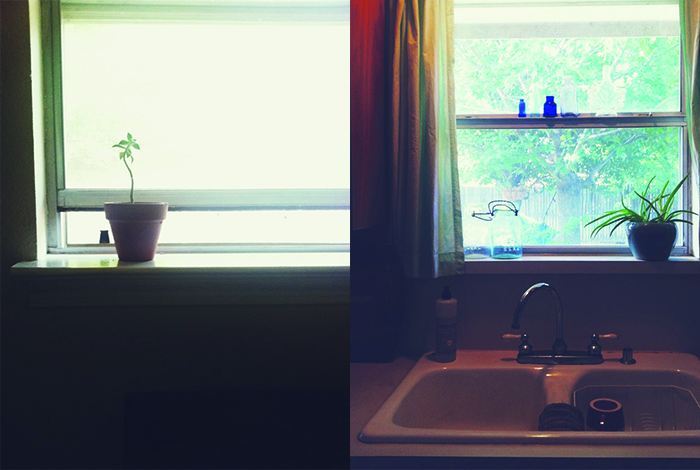Pruning and the Painful Work of Producing
 I caught of a whiff of longing this morning. I'd almost forgotten what it feels like. I stood in the parking lot and let the Texas breeze wash over me—and I felt a burst of hope inside of me: I'm going home!
I am sitting at the table with two dear friends the other day, an elder from my church and his wife, one of my first friends in Texas. They are New Yorkers, upstaters like me, and they have loved me well in my time here. This year has been one long shove, I said, a pushing away from all the reasons I would have to stay here. But are you running? they ask. Is it still running if you're going home?
I caught of a whiff of longing this morning. I'd almost forgotten what it feels like. I stood in the parking lot and let the Texas breeze wash over me—and I felt a burst of hope inside of me: I'm going home!
I am sitting at the table with two dear friends the other day, an elder from my church and his wife, one of my first friends in Texas. They are New Yorkers, upstaters like me, and they have loved me well in my time here. This year has been one long shove, I said, a pushing away from all the reasons I would have to stay here. But are you running? they ask. Is it still running if you're going home?
New York is a big state, divided into sections. The City, Upstate, the North Country, the Adirondack Region, the Finger Lakes Region, the Thousand Island Seaway, the Catskills. It's all New York, but so much more than just The City. I'm not moving to the same region from which I hail, but I'm moving to the state I call home. Is it still running if you're going home?
When I first visited New York I was 18 years old, a sullen teenager whose parents wanted to buy an old farmhouse and homestead it, growing organic vegetables and raising animals. I was born and bred in an affluent county north of Philadelphia. The earthiness of our new home didn't bother me, but the humbleness of it did. It was a bigger, grander house than the one we'd left, but the life we now lived was simpler. I never felt at home there.
New York took from me, from beginning to end, it seemed. The timeline of my time there is dotted with its thievery. Home, life, family, security, finances, faith. By the time I left, my small car packed with every earthly belonging, I would have been glad to never return.
I tell one of my girls this morning that it was the lonely, poor, and rejected times where I now see the providence of God. It was not New York that stole from me, it was God who pruned from me. Cutting off what didn't bear fruit. My first three years in Texas I felt strong and tall and healthy, free of the dead branches. But new branches grew and they have to be pruned too. That is the truth I am learning: to bear healthy fruit, even new branches have to be pruned.
One of the most painful lessons God's children must learn is that we are not God, and our strength is only as strong as our dependence on Him. He is our strength. That which bears fruit in us, is born of Him. He is the producer, not us. He is also the farmer and the vine-keeper. He decides what is not best, what is not fit to produce.
I have some fears about moving back to New York, going home to a state that took from me, a place where my faith withered and died. I have fears that feel paramount today. Fear that some will think I am running away. That some will think I will never settle down. That I am making a mistake. That there, where I am known, I will slip into old patterns and ways of thinking. Deadly things.
But at the bottom of those fears, I land on one solid truth: He prunes. He takes away and gives something better. And he does it over and over and over and over again until we are his likeness. Because He is the vine and the vine-keeper, and truest fruit-bearer.

